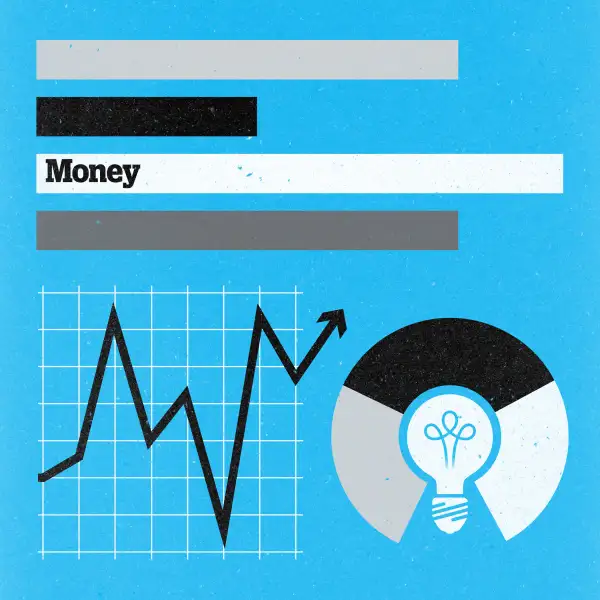How to Tell if Your Broker Protects You Against Identity Theft
Money is not a client of any investment adviser featured on this page. The information provided on this page is for educational purposes only and is not intended as investment advice. Money does not offer advisory services.

Q: Are there any brokerages that protect customers from unauthorized computer access or theft? I was going with Vanguard, but on page 7 of its brokerage account agreement, under liability, the company says in writing that it is not liable. — Patty
A: This is a good reminder of why it’s important to actually read brokerage account agreements, especially in light of the massive security breach at J.P. Morgan Chase.
While the details may differ slightly from one firm to the next – which is why you should always check – the wording in Vanguard’s policy is similar to that of other large brokerages. (We ran your question by Charles Schwab, Fidelity and Vanguard.)
The short answer: If someone gains access to your account through no fault of your own — a security breach, for example — the broker would be liable for your losses. If the theft, however, is a result of your own negligence (more on that in a second) then that's a different story.
“The brokerage account agreement explains that under certain circumstances, Vanguard will not accept legal liability for certain losses in or related to an account,” notes Vanguard spokesperson David Hoffman, adding that this is consistent with Vanguard’s online fraud policy. “… If the client has taken certain appropriate steps to protect the account, we will reimburse the assets taken from the account in the unauthorized transaction.”
Fidelity and Schwab offer similar responses. Under Fidelity’s customer protection guarantee, the firm will reimburse Fidelity accounts for losses due to unauthorized activity, says Fidelity spokesperson Adam Banker. Likewise, the Schwab security guarantee says the firm will cover 100% of losses in any Schwab accounts due to unauthorized activity.
In case you didn’t pick up on it, that word “unauthorized” is key in determining who’s liable.
That’s all the more reason to be particularly vigilant about protecting your account information. Set up a unique and unpredictable password (mix numbers, characters, lower case and upper case). Change your passwords regularly and don’t reuse passwords from other accounts. Store your password in a safe place — ideally not on your computer, your phone or online — and make sure computer has up-to-date security software. Check your accounts regularly and if you see something suspicious, let the broker know immediately.
Finally, never give your account information to anyone calling or emailing and claiming to be your broker or bank.
If someone calls claiming to be from your broker, or any financial institution for that matter, hang up and call the number listed on your statement or the company’s site. Never log in to your account by clicking on a link in an email.
You should also be careful about sharing your account information with family and friends. If you give someone access to your account, that’s considered authorized use, and, yep, you’re liable.